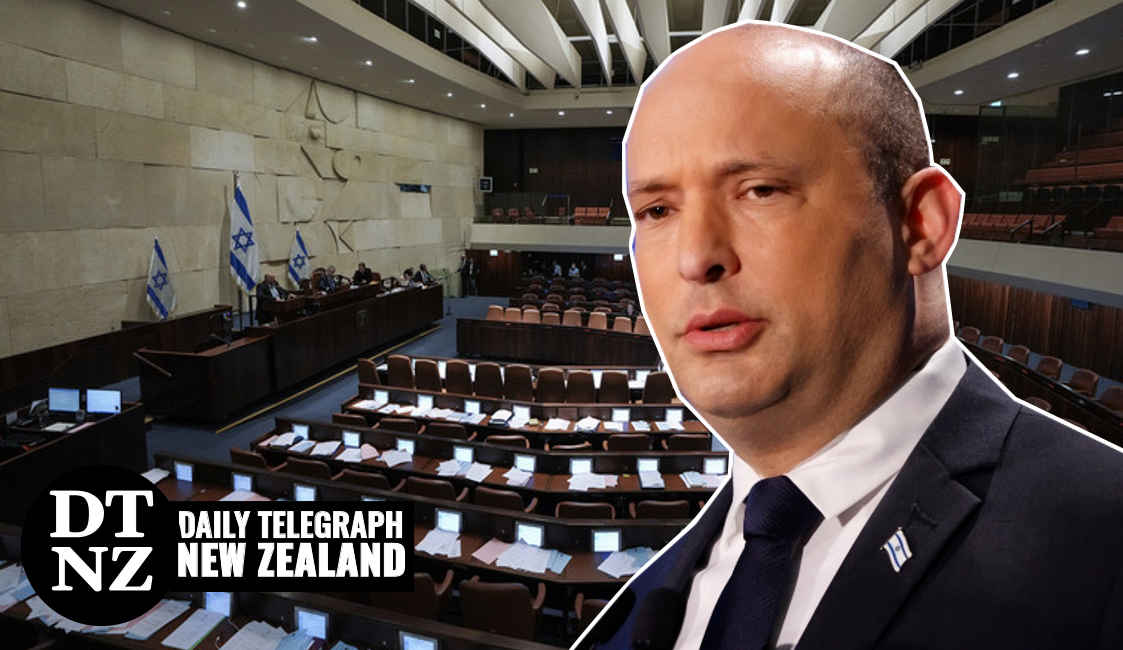Imagine waking up one day to hear Switzerland, the land of pristine mountains, chocolate, and neutrality, deciding to dissolve itself. Sounds like something outta a sci-fi movie, right? But guess what? It's not just a wild idea anymore. Switzerland votes to dissolve itself has become a topic of global conversation, and yeah, it's got everyone scratching their heads. Whether you're into politics or just curious about how countries work, this story's got layers, twists, and some serious implications for the world stage.
Let’s break it down, folks. Switzerland, the country that’s always been the cool kid in the global neighborhood, keeping its head down and staying neutral, is now considering a move that could change everything. The idea of Switzerland votes to dissolve itself is mind-blowing, and it’s not just about dissolving borders. It’s about rethinking what a nation really means in today’s interconnected world. And trust me, it’s a conversation we all need to pay attention to.
So, why is this happening? What’s the backstory here? Well, buckle up, because we’re diving deep into the Swiss mindset, exploring the reasons, the potential outcomes, and what this could mean for the rest of us. This isn’t just a political drama; it’s a shift in how we think about sovereignty, identity, and global cooperation. Stick around, because this story’s just getting started.
Understanding the Swiss Political Landscape
Before we dive into the nitty-gritty of Switzerland votes to dissolve itself, let’s take a quick stroll through the Swiss political system. Switzerland operates on a unique federal structure, where power is shared between the federal government and 26 cantons, kinda like states. The system’s built on direct democracy, meaning citizens have a say in almost every major decision through referendums. It’s a pretty cool setup, but lately, there’s been some rumbling in the system.
Why Dissolution is on the Table
Now, you might be wondering, why would a country even consider dissolving itself? Well, it’s not as simple as it sounds. Over the past few years, there’s been growing discontent among Swiss citizens about the country’s role in the global community. Some argue that Switzerland’s strict neutrality policy is outdated, and others feel that the federal structure isn’t serving the people as well as it could. Plus, there’s the whole issue of economic inequality and the rising cost of living. All these factors have led to a growing movement advocating for a complete overhaul of the system, and yeah, dissolution is on the table.
The Historical Context: How Did We Get Here?
Switzerland has a rich history of neutrality, dating back to the 19th century. It’s a country that’s managed to stay out of major conflicts while still maintaining strong economic ties with the rest of the world. But times have changed, and so have the challenges. The global political landscape is shifting, and Switzerland’s traditional stance might not cut it anymore. Add to that the internal pressures from various social and economic groups, and you’ve got a perfect storm brewing.
Key Events Leading to This Moment
- In 2020, Switzerland held a referendum on revising its asylum laws, sparking debates about immigration and national identity.
- 2021 saw protests across the country against rising inequality and the cost of living.
- Last year, a group of citizens launched a petition calling for a national conversation on Switzerland’s future, which gained significant traction.
All these events have contributed to the growing sentiment that something needs to change. And while dissolution might seem extreme, it’s a reflection of just how deep the dissatisfaction runs.
What Dissolution Could Look Like
So, what exactly would Switzerland votes to dissolve itself mean in practical terms? Well, it’s not like the country’s just gonna disappear overnight. More likely, it would involve a restructuring of the current system, possibly leading to the creation of new entities or even joining existing ones. Some experts suggest that the cantons could become independent states, while others think Switzerland might align itself more closely with the European Union. The possibilities are endless, but one thing’s for sure: it’s gonna be a bumpy ride.
Possible Scenarios
- Scenario 1: The cantons gain full independence, creating a cluster of small nations.
- Scenario 2: Switzerland merges with the EU, adopting a more integrated approach to governance.
- Scenario 3: A new federal structure is established, addressing the current system’s shortcomings.
Each scenario comes with its own set of challenges and opportunities, and the final outcome will depend on how the Swiss people vote.
The Economic Implications
Let’s talk money, folks. Switzerland’s economy is one of the strongest in the world, thanks to its banking sector, pharmaceuticals, and high-tech industries. But what happens if the country dissolves? Would the economy crumble, or would it adapt? Experts are divided on this, but most agree that there would be short-term disruptions. However, the long-term effects could be positive, especially if the new system addresses the issues of inequality and innovation.
Key Economic Factors to Consider
- The role of Swiss banks in the global financial system.
- The impact on Switzerland’s pharmaceutical and tech industries.
- How the dissolution might affect trade agreements and partnerships.
It’s a complex web, and only time will tell how it all shakes out. But one thing’s for sure: the economic implications will be felt far beyond Switzerland’s borders.
The Social and Cultural Impact
Switzerland’s identity is deeply tied to its neutrality and cultural diversity. The country’s made up of four official languages—German, French, Italian, and Romansh—and a rich tapestry of traditions. But how would all this change if Switzerland votes to dissolve itself? Would the cultural identity remain intact, or would it fracture along linguistic and regional lines? These are questions that Swiss citizens are grappling with, and the answers aren’t easy.
Addressing Identity and Unity
Some argue that dissolution could actually strengthen Swiss identity by allowing each region to express itself more freely. Others fear that it could lead to a loss of national unity and a rise in regional tensions. It’s a delicate balance, and the Swiss people will need to navigate it carefully.
Global Reactions and Implications
Of course, Switzerland’s decision doesn’t exist in a vacuum. The rest of the world’s watching closely, and there’s bound to be reactions from other countries and international organizations. The EU, in particular, has a vested interest in Switzerland’s future, given the close economic ties. And let’s not forget the UN, which has long relied on Switzerland’s neutrality in mediating conflicts.
How the World Might Respond
- Increased diplomatic engagement from neighboring countries.
- Potential changes in trade agreements and partnerships.
- Reevaluation of Switzerland’s role in global institutions.
It’s a big deal, folks, and the global implications could be far-reaching. But hey, sometimes big changes bring big opportunities, right?
The Legal and Administrative Challenges
Now, let’s talk about the nuts and bolts. Dissolving a country’s not as easy as snapping your fingers. There are legal and administrative hurdles that need to be addressed, from revising the constitution to figuring out how to handle international treaties. It’s gonna take some serious planning and collaboration, and yeah, it’s not gonna happen overnight.
Key Issues to Tackle
- Revising the Swiss constitution to reflect the new reality.
- Handling international treaties and agreements.
- Figuring out citizenship and nationality laws.
It’s a massive undertaking, but if the Swiss people are committed to the idea, it’s definitely doable. And who knows? They might just set a new precedent for how countries can evolve in the 21st century.
What’s Next for Switzerland?
So, where does this leave us? Switzerland votes to dissolve itself is more than just a political issue; it’s a reflection of a changing world. The Swiss people have a big decision to make, and the rest of us are holding our breath to see what happens. Whether it’s dissolution, restructuring, or something else entirely, one thing’s for sure: the next few years are gonna be interesting.
Final Thoughts
This story’s not just about Switzerland; it’s about how we think about nations, borders, and identity in an increasingly globalized world. It’s a conversation we all need to have, and it’s one that’s gonna shape the future of international relations. So, what do you think? Is Switzerland on the brink of a new era, or is this just a passing phase? Share your thoughts in the comments below, and don’t forget to check out our other articles for more insights into global politics.
Table of Contents
- Switzerland Votes to Dissolve Itself: A Bold Move That Could Shake the World
- Understanding the Swiss Political Landscape
- Why Dissolution is on the Table
- The Historical Context: How Did We Get Here?
- Key Events Leading to This Moment
- What Dissolution Could Look Like
- Possible Scenarios
- The Economic Implications
- Key Economic Factors to Consider
- The Social and Cultural Impact
- Addressing Identity and Unity
- Global Reactions and Implications
- How the World Might Respond
- The Legal and Administrative Challenges
- Key Issues to Tackle
- What’s Next for Switzerland?
- Final Thoughts


